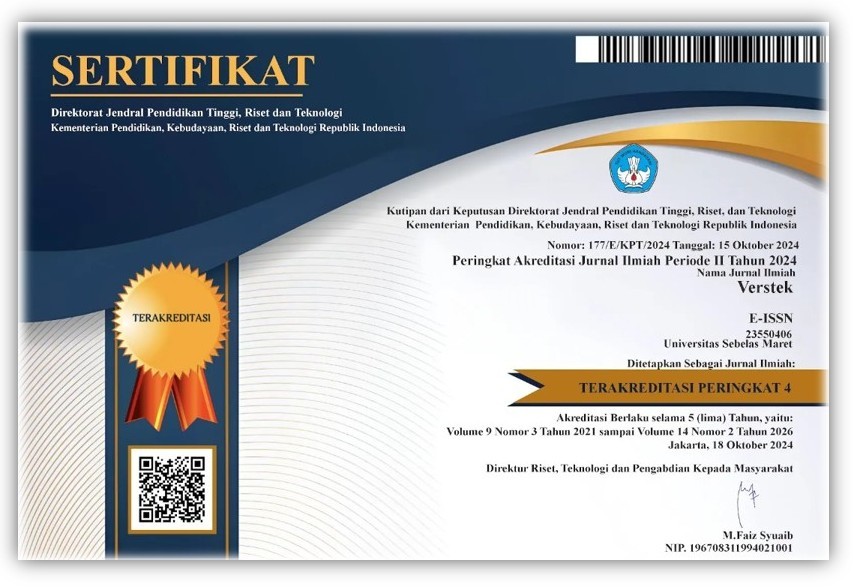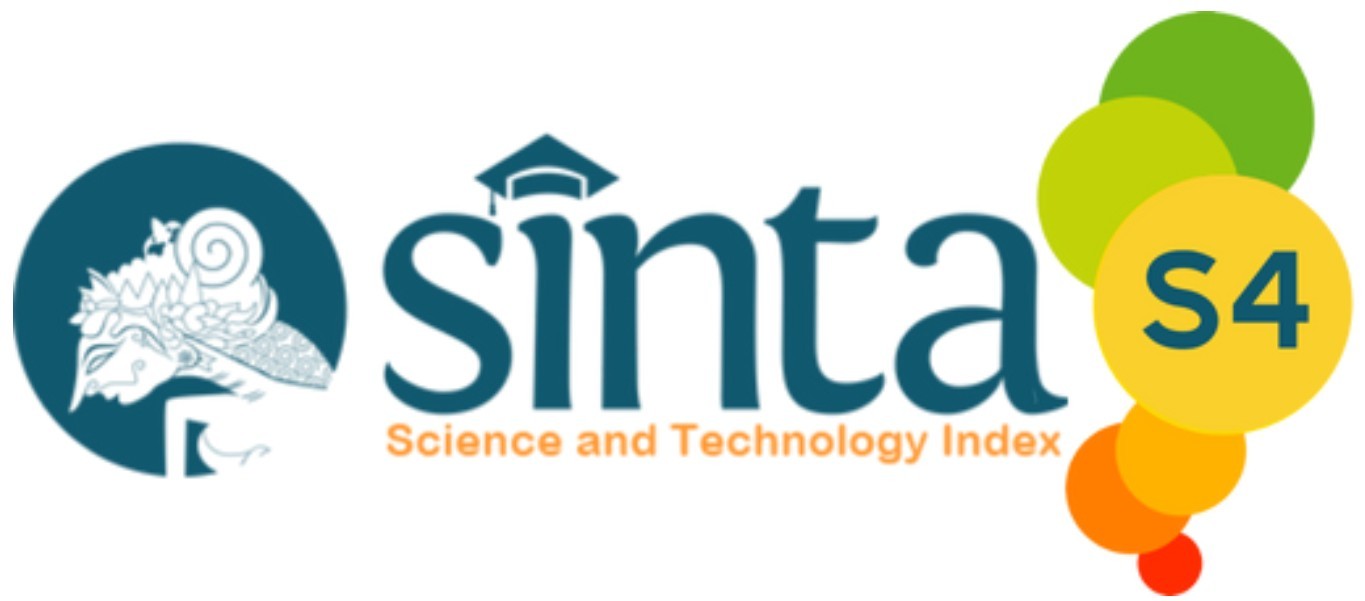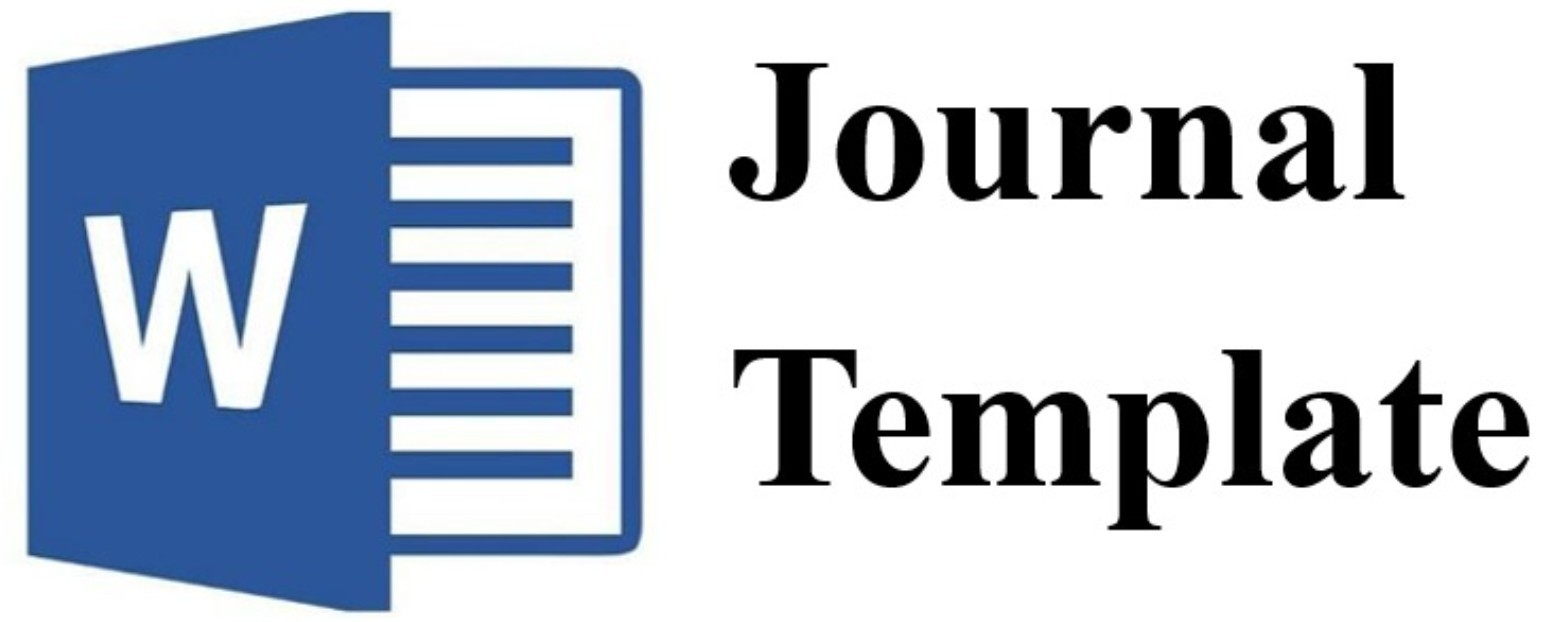ANALISIS PERTIMBANGAN DIKABULKANNYA PENINJAUAN KEMBALI PADA PERKARA KORUPSI (STUDI PUTUSAN NOMOR: 237/PK/PID.SUS/2020)
Abstract
Abstract: This study examines the judges' considerations in the Supreme Court Decision Number 237 PK/Pid.Sus/2020 where in the decision the supreme judge is of the opinion that the request for judicial review on behalf of Fahmi Darmawansyah can be accepted so that, in his decision the supreme judge imposes a sentence with reduced circumstances verdict previously handed down by a court of first instance. This research is a normative legal research that is prespective and applied with case studies. The technique of collecting primary and secondary legal materials used in this research is by studying laws, documents, and library materials. The results of this study show that the Supreme Court Decision Number 237/Pid.Sus/PK/2020 granted the Return Application on behalf of the applicant Fahmi Darmawansyah. The author is of the opinion that the legal considerations of the judges in the Supreme Court Decision Number 237/PK/Pid.Sus/2020, which states that giving a sum of money and goods to the Sukamiskin Headquarters is considered a form of generosity is inappropriate, because the concept of generosity should not be in accordance with the actions that have been committed. conducted by Fahmi Darmawansyah. So it is not appropriate for the judge to grant the convict's request. Moreover, the defendant had previously committed a repeat of a similar crime.
Keywords: Judge's Consideration, Criminal Corruption, Bribery, Judicial Review
Full Text:
PDFReferences
Andi Sofyan, Abdul Asis. Hukum Acara Pidana. Jakarta: Kencana Prenadamedia Group, 2014.
Adjie Pamungkas. “Dialektika Pertimbangan Hakim Perkara Tindak Pidana” Junral Verstek 7 (2) (2021): 431
Bambang Waluyo. Pemberantasan Tindak Pidana Korupsi (Strategi dan Optimalisasi). Jakarta: Sinar Grafika, 2016.
Faisal, Muhammad Rustamaji. Hukum Pidana Umum. Yogyakarta: Thafa Media, 2020.
Febriana Putri Kusuma. “Implikasi Hak-Hak Narapidana Dalam Upaya Pembinaan Narapidana Dalam Sistem Pemasyarakatan”. Recidive 2 (2) (2013): 12.
Hafrida. “Analisis Yuridis terhadap Gratifikasi dan Suap Sebagai Tindak Pidana Korupsi Menurut Undang-Undang Nomor 31 tahun 1999 jo. Undang-Undang Nomor 20 tahun 2001 tentang Pemberantasan Tindak Pidana Korupsi”. Inovatif Jurnal Ilmu Hukum 6 (7) (2013): 13.
Hidayat. “Pertanggung Jawaban Pidana Pelaku Tindak Pidana Suap Dalam Tindak Pidana Korupsi”. Jurnal Edutech 3 (2) (2017): 15.
M Rifan F, dkk. “Implementasi Alasan Penghapus Pidana karena Daya Paksa dalam Putusan Hakim”. Diponegoro Law Reform 4 (1) (2015): 10.
Nurhafifah, Rahmiati. 2015. "Pertimbangan Hakim Dalam Penjatuhan Pidana Terkait Hal Yang
Memberatkan Dan Meringankan Putusan". Kanun Jurnal Ilmu Hukum. No. 66 Th. XVII (2015): 44.
Oemar Seno Adji. Etika Profesional dan Hukum Pertanggungjawaban Pidana. Jakarta: Erlangga, 1991.
Peter Mahmud Marzuki. Metode Penelitian Hukum. Jakarta: Kencana Prenada Media, 2014.
Rahmi D. Sutanti, Barda Nawawi Arief. “Kebijkan Formulasi Saksi Pelaku Yang Bekerjasama (Justice Collaborator) Sebagai Alasan Peringanan Pidana Dalam Rangka Pembaruan Hukum Pidana Nasional”. Jurnal Law Reform (2013): 11.
Ramiyanto. Upaya-Upaya Hukum Perkara Pidana di Dalam Hukum Positif dan Perkembangannya. Bandung: Citra Aditya Bakti, 2019.
Romli Atmasasmita. Sekitar Korupsi Aspek Nasional dan Aspek Internasional. Bandung: CV. Mandar Maju, 2004.
Rusli Muhammad. Hukum Acara Pidana Konteporer. Bandung: PT Citra Aditya Bakti, 2012. Sudikno Mertokusumo. Penemuan Hukum : Sebuah Pengantar. Yogyakarta: Liberty Yogyakarta, 2007.
Refbacks
- There are currently no refbacks.











